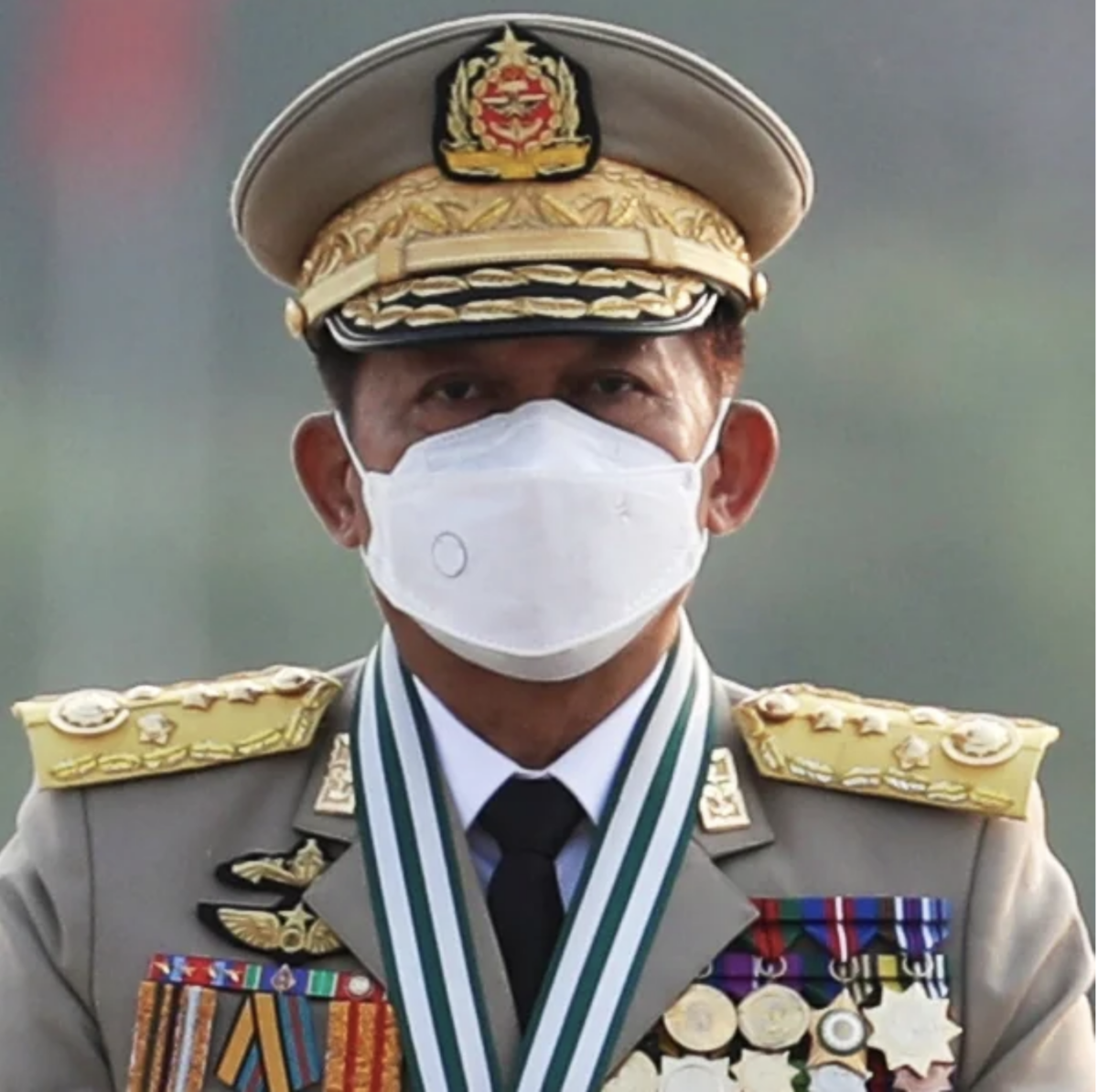2 November, 2022
Yanghee Lee writes in the Washington Post that unlike in Ukraine, where the UN has shown it can act in a crisis, the UN’s response to Myanmar’s junta-made crisis is ineffective and is undermining the legitimate democratic institutions the people of Myanmar are fighting for.
In February 2021, the leader of Myanmar’s military, senior Gen. Min Aung Hlaing, staged a coup aimed at installing himself as head of a new military government. His actions — in blatant violation of the constitution — ignited a nationwide revolution that now aims to overthrow military rule once and for all and establish a peaceful federal democracy.
The alliance of democratic forces united by the uprising, and centered on the National Unity Government of Myanmar, now has the greater claim to effective control of the country, including more than half of its total territory and almost all land borders with India, China, Laos and Thailand. By contrast, Min Aung Hlaing can now claim control of merely 17 percent of the territory. But the forces under his command control far more powerful and more sophisticated weapons, which they have used to inflict a horrific campaign of terror on the population for the past 20 months.
His jet fighters and helicopter gunships have carried out brazen and indiscriminate attacks on resistance-held territory. They have repeatedly violated Thai and Bangladeshi airspace in recent weeks. In September, at least 11 children were killed when a helicopter equipped with cannons blasted their schoolroom to pieces; on Oct. 23, an air raid in Kachin state killed at least 80 people. On the ground, the military moves from village to village, massacring those who can’t escape and burning down homes, crops, food stores and livestock. One million people have been displaced and more than 10 million are facing hunger.
It is true that any Security Council resolution demanding action to help end Min Aung Hlaing’s attack through targeted arms embargoes and targeted sanctions, and to hold him accountable for international crimes, may well be vetoed by Russia or China. But for other members of the Security Council to not even try is, quite simply, a gross dereliction of duty. Meanwhile, the secretary general and his office have failed to show the same leadership on Myanmar that they have on Ukraine. U.N. agencies appear to have no coherent strategy for responding to the changing political and security dynamics amid the growing emergency.
In 2017, the chief U.N. official in Myanmar suppressed alarm calls about the growing likelihood of ethnic cleansing against the Rohingya in favor of a positive development narrative and cozy relations with the authorities. A 2019 independent inquiry found this to be the result of structural and systemic failures that rendered the U.N. in Myanmar incapable of addressing the decline in human rights and unable to convey to Myanmar authorities principled concerns regarding grave human rights violations.
We know that the U.N. is sometimes compelled to work with the world’s worst violators of human rights. Yet its business-as-usual approach in Myanmar is actively undermining the legitimate institutions that are accepted by the Myanmar people themselves and represent the democratic future they are fighting for. The U.N.’s current policies are also failing to bring help to those in need.
The vastly different responses to concurrent crises in Myanmar and Ukraine raise uncomfortable questions about where the U.N.’s priorities lie. There is no reason the people of Myanmar should be excluded from the protections enshrined in the U.N. Charter. The crisis in Myanmar, like the war in Ukraine, poses a serious and increasing threat to international peace and security. For the U.N., finally taking decisive action to work for the freedom of the Myanmar people is a global imperative.
Yanghee Lee is the former U.N. special rapporteur on the human rights situation in Myanmar and co-founder of the Special Advisory Council for Myanmar.


